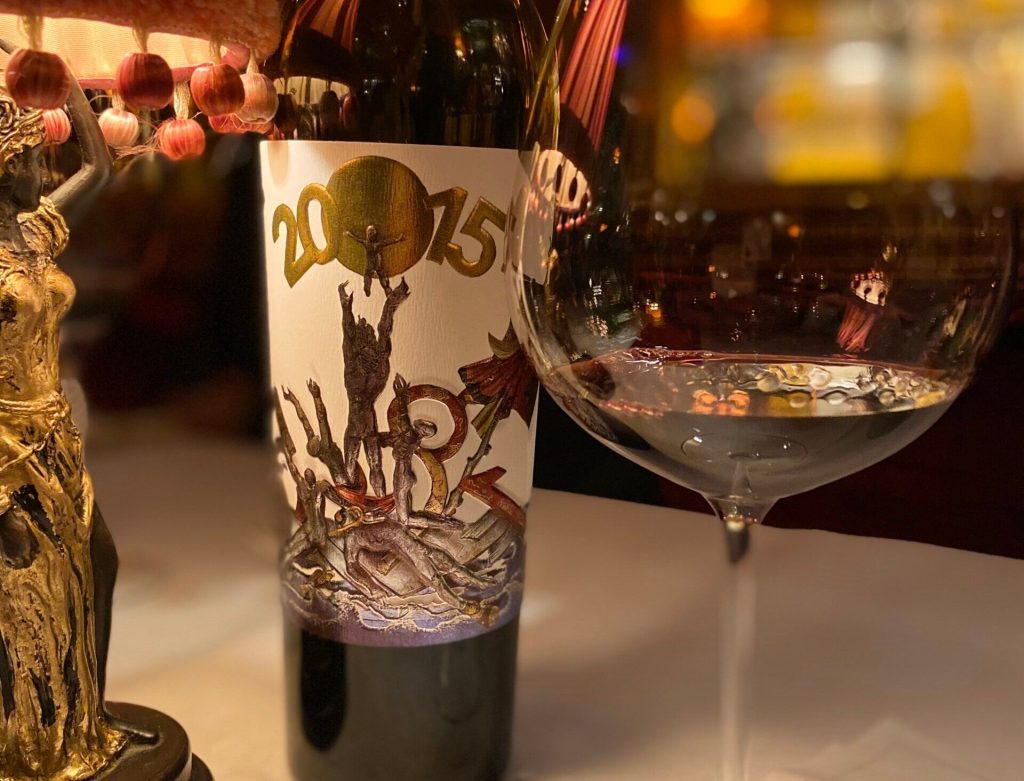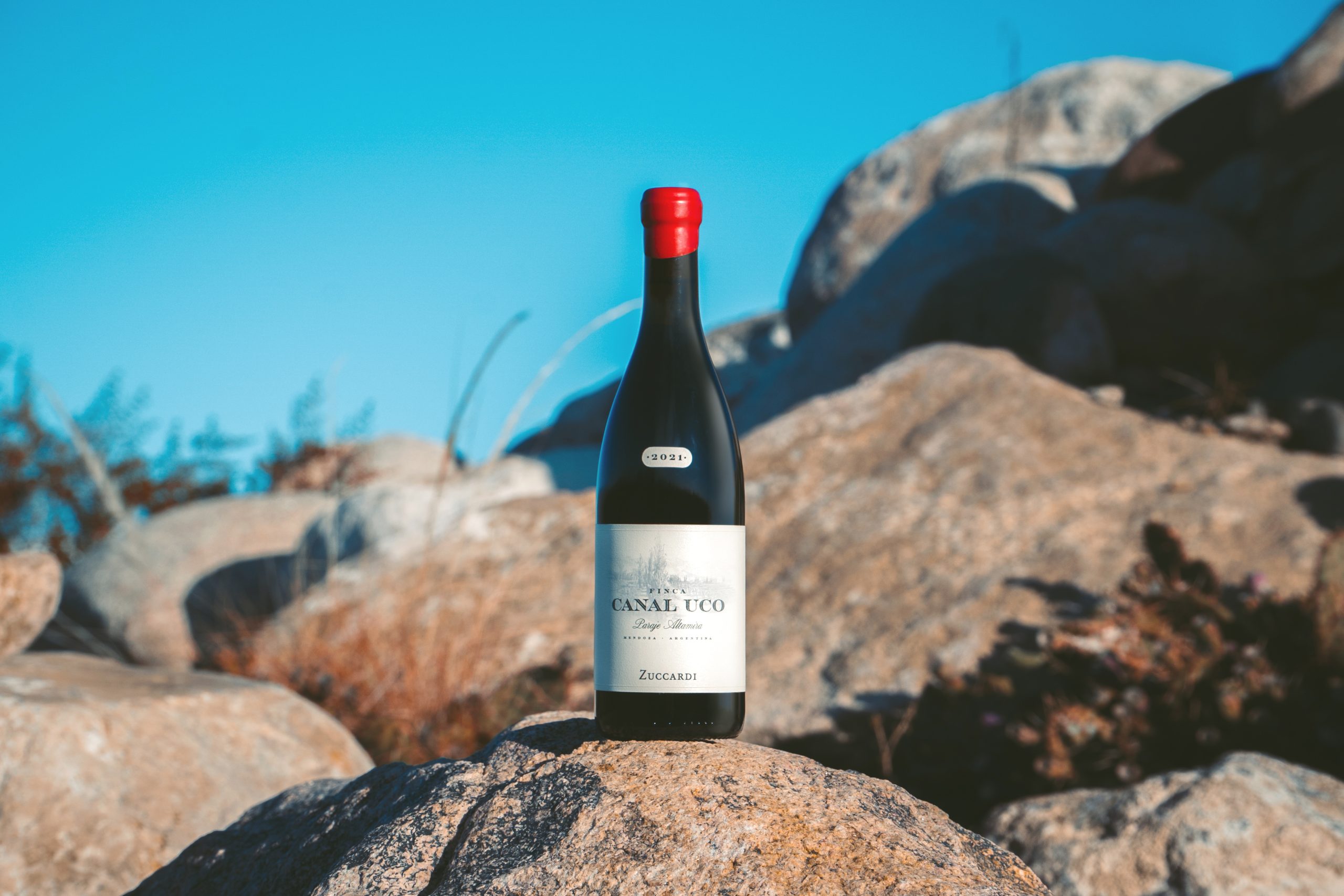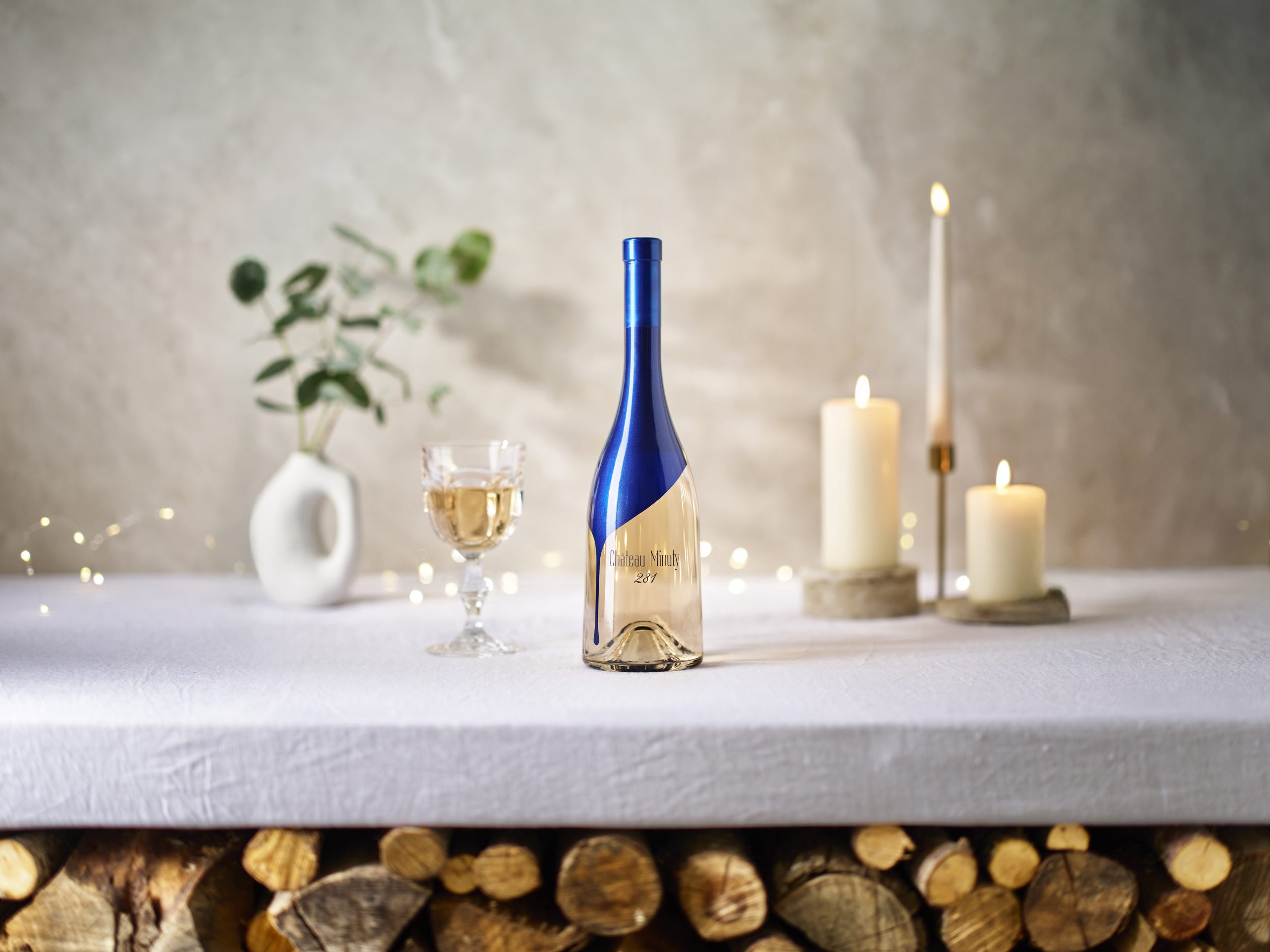Golden Globes goody bag offers A-listers the world’s most expensive wine
As goody bags go, the Golden Globes is up there there with the best of them – with one lucky A-lister set to own a rare trio of some of the most expensive (and rarest) bottles of wine in the world.

Amid the skincare creams, light therapy face masks, wellness retreats, and some exclusive hotel stays (including a two-night stay and whisky experience at luxury hotel The Tasman in Hobart) comes some interesting booze offers. And while every nominee gets to take home a bottle of either a bottle of The Hearach Single Malt Scotch Whisky from the Isle of Harris Distillery (worth $90), or Isle of Harris Gin ($150) (sometimes both), some of the other bottle are considerably rarer.
For example, a trio of bottles of ultra rare Liber Pater from the 2015, 2018, and 2019 vintages, which is available to one extremely lucky participant – the price tag on a bottle of the Liber Pater 2015 alone is around £36,000, but then only 500 bottles were produced.
Liber Pater, which is named after the Roman god of viticulture and wine, male fertility and freedom (whose mythology later merged with its Greek forerunner, Dionysus or Bacchus) is made by winemaker Loïc Pasquet, using ancient indigenous grape varieties of pre-phylloxera Bordeaux, Lauzet and Prunelard, grown on a 2ha (5 acres) plot of gravel outcrop in the hamlet of Pichou, Landiras. Other varieties include Petite Vuidure (the pre-phylloxera Cabernet Sauvignon), along with almost extinct varieties Mancin, Castets, Saint-Macaire, Pardotte, Gros Cabernet, Cabernet Goudable, Tarnay Coulant. The idea is essentially to produce a red Bordeaux in the style of a 19th century claret, using rare grape varieties from before the 1850s.
As a Vin de France, it has proved immensely controversial, with Simon Field MW pointing out in that as far as the INAO and the Bordelais authorities are concerned, it is planted in “the wrong plant densities (30,000 or, even latterly 20,000, plants per hectare…), the wrong yields, the wrong pruning (Arcure), the wrong trellising and spacing.” Indeed Pasquet was lost a case against the INAO and found guilty of contravening winemaking rules set out in the Cahier de Charges of his local AOC Graves in 2016, although a key part of this verdict was overturned at appeal the following year.
In a recent article, The Robb Report, authors Mike DeSimone and Jeff Jenssen visited Pasquet at the vineyard to see for themselves what the “polarizing” wine is all about. The article highlights those both in favour of what Pasquet is doing as well as those less impressed with the wines themselves who wonder if it is worth the hefty price-tag. They pointed out that the price had jumped from around $4,500 for the 2007 vintage (which was poured at the 2023 Golden Vines) to around $33,000 after the 2015 vintage, when Paquet moved from using around 10% of ungrafted vines and older grape varieties in the blend to 100% ungrafted Franc de Pied vines.
Partner Content
As Pasquet told the Robb Reports, the wine is “time travel in the glass”, and an opportunity to see what wine was like at the time of the 1855 classification. It is something that “all the wine lovers in the world want to taste it because it offers the possibility to taste a wine like wine was before phylloxera.”
In addition to the trio of the controversial bottles, a wine tasting and dinner experience in Bordeaux with Liber Pater was also up for grabs, estimated to be worth $272,000 – unsurprisingly, it is only available to one participant.
But for those who missed out, they can at least benefit from applying the goodness of grapes in a different way – the goody bag also contained a bottle of Beau Domaine, the luxury skincare cream from Brad Pitt and the Perrin family that uses either the skin or seed of Syrah, Mourvèdre and Grenache and resveratrol from vine branches to combat ageing.
Related news
Castel Group leadership coup escalates
For the twelfth day of Christmas...
Zuccardi Valle de Uco: textured, unique and revolutionary wines




